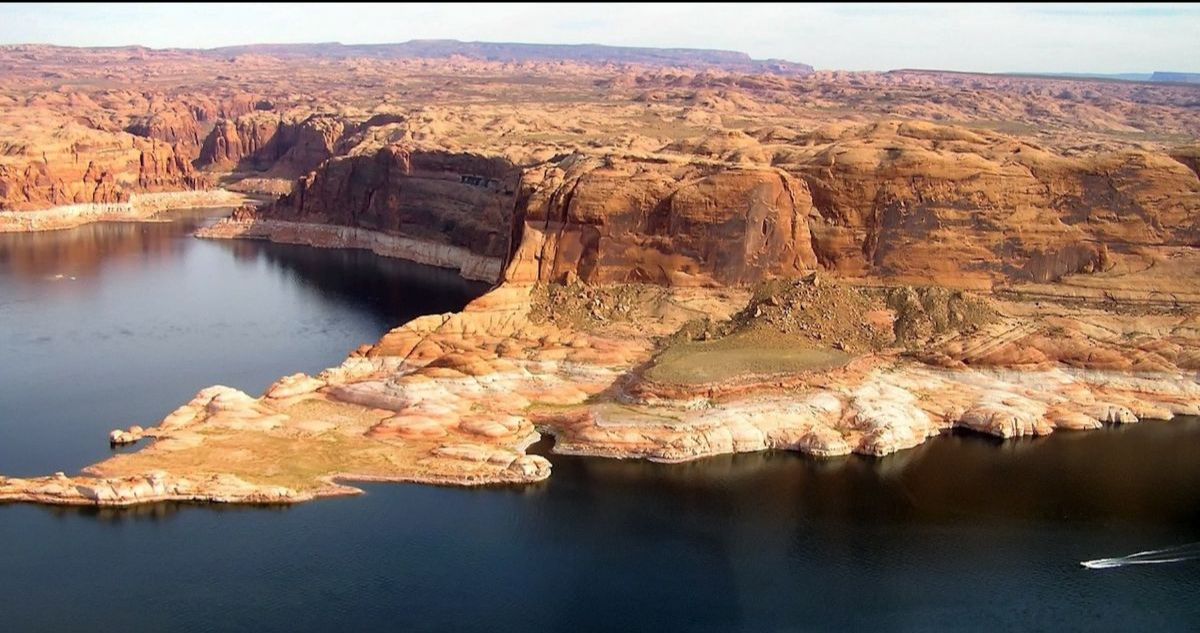
The impacts of climate change, such as drought, are affecting
outdoor recreation resources across the Western U.S.
How can outdoor recreation in the West navigate climate change?
Adaptation is the ability to respond to change. According to new research from the Institute of Outdoor Recreation and Tourism, adaptation is going to be critical for continuing to provide outdoor recreation opportunities across the Western U.S. The study, which was published in the Journal of Forestry, documents how climate change is presenting new challenges to outdoor recreation managers by altering the types and timing of certain outdoor recreation activities. The research explains how climate-driven changes to outdoor recreation resources can contribute to ecological, social, and economic vulnerabilities that are experienced by individual recreationists as well as different types of user groups. The authors suggest understanding these vulnerabilities through tangible examples is the first step to identifying how adaptation should occur.
Anna Miller, lead author of the paper states, “climate change will alter recreation opportunities, and we can prepare for those changes by proactively planning to adapt. Learning from our successes and failures in responding to recent extreme weather events can help us better understand adaptation opportunities.”
Landscapes that are too hot, don't have enough snowpack, have low water levels, or have been burned by wildfire, affect visitation rates and the experiences of outdoor recreationists. These impacts can have behavioral and economic consequences. For example, individuals may decide to drive further, wait until conditions improve, do something else, or quit a particular outdoor recreation activity altogether. Recognizing these challenges, the researchers provide a list of activity-specific adaptation strategies such as increasing the capacities of existing outdoor recreation settings, adjusting season lengths, avoiding guided activities during the hottest time of the day, or improving communications to effectively manage public expectations.
Outdoor recreation opportunities present an enormous economic value for communities and important educational, psychological, and physical health benefits for individuals. This study points out ways that outdoor recreationists and outdoor recreation managers can adapt to ensure these benefits can be provided long into the future.
Contact:
Anna B. Miller, Ph.D.
Assistant Director of Research and Operations
Institute of Outdoor Recreation and Tourism
S. J. & Jessie E. Quinney College of Natural Resources
anna.miller@usu.edu

